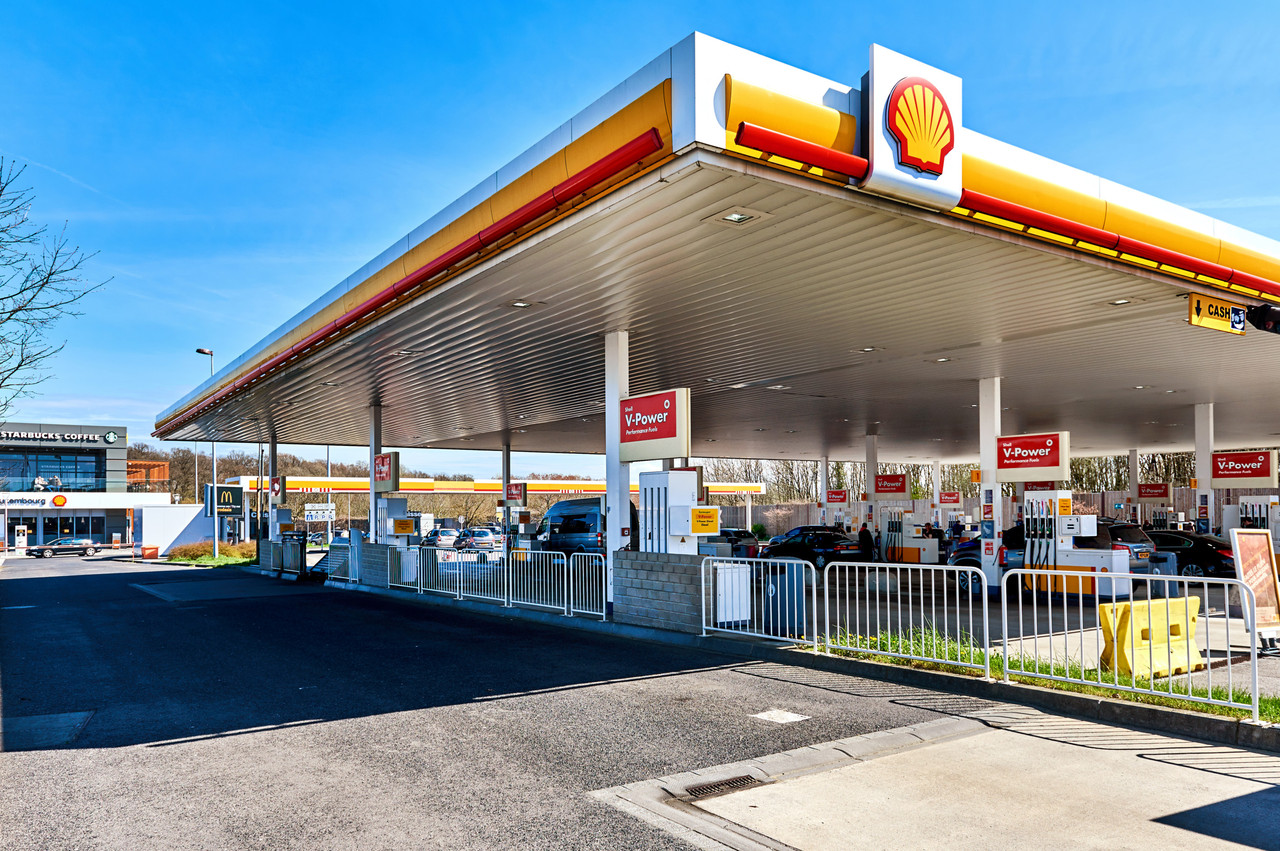Year-on-year, costs for housing, water, electricity and gas were up 7.83%, national statistics office Statec said in a published on Monday. Compared to September, prices were up 2.24%.
Transport costs were up 7.79% in October this year compared to 2020, linked to increase in petrol prices. Month-on-month, the cost of transport was up 1.35%.
With the end of the summer holiday, air travel was one of the few categories where prices for consumers decreased last month, with the price of plane tickets down 21.8% compared to September, while package holidays were 3.9% cheaper. However, compared to October 2020, plane ticket prices were up 20.2%.
In October, the inflation rate triggered indexation by which wages are adjusted to match inflation. The measure aims at maintaining purchasing power but has been criticised by business groups for driving up staff costs.
The UEL--a private-sector business group--in October had said the or the amount capped to benefit only those most in need.
“We do not find it logical that indexation increases the salary of a person on minimum wage by €550 per year while a person at the contribution ceiling (€11,000) will see their salary increase by €3,300. As a result, this indexing system increases social inequalities,” the UEL said at the time.
At the current rate, the next indexation payment would be due as early as the third quarter of 2022 or, if prices go down, at the start of 2023.
